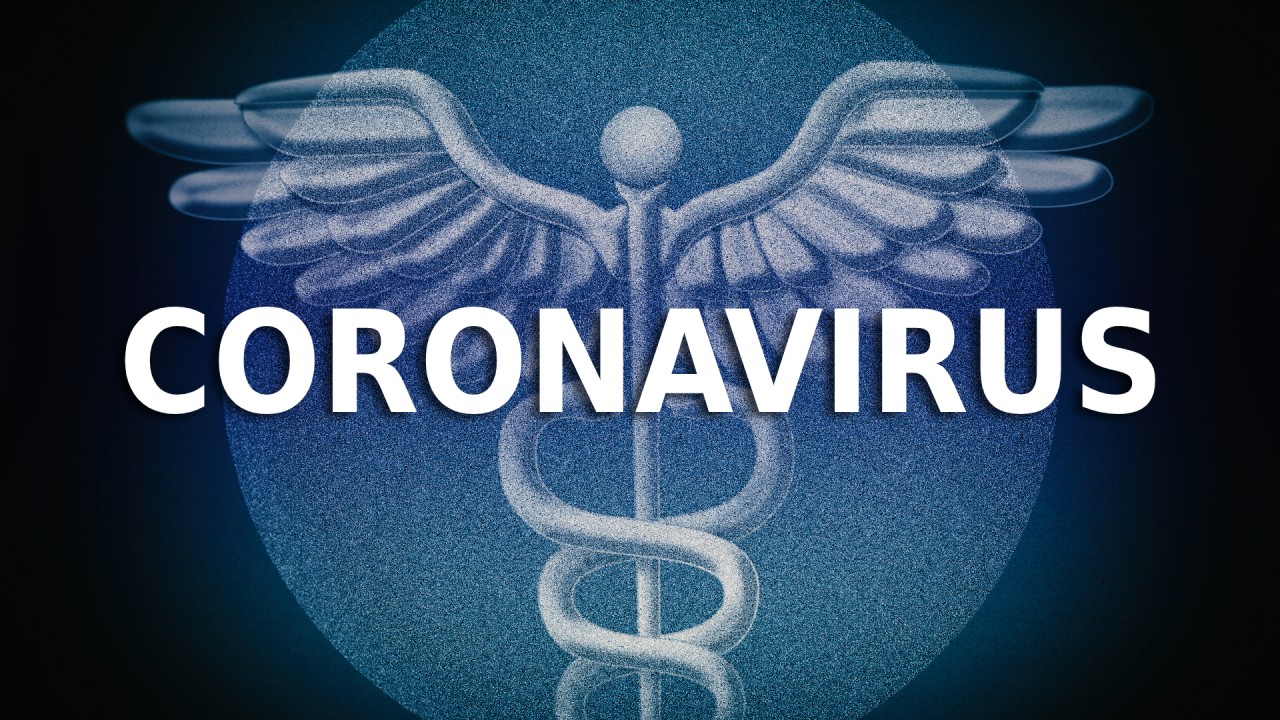 Doctors say that, for most Americans, the seasonal flu poses a greater danger than the coronavirus, also known as COVID-19. Still, with many members traveling to both National Association of REALTORS® and KYR meetings and gatherings in the coming months, KYR leadership has been closely monitoring news on the disease and staying abreast of recommendations from the U.S. Centers for Disease Control and Prevention (CDC).
Doctors say that, for most Americans, the seasonal flu poses a greater danger than the coronavirus, also known as COVID-19. Still, with many members traveling to both National Association of REALTORS® and KYR meetings and gatherings in the coming months, KYR leadership has been closely monitoring news on the disease and staying abreast of recommendations from the U.S. Centers for Disease Control and Prevention (CDC).
NAR has recently published guidance for REALTORS® to keep in mind as they conduct business on a daily basis.
What unique issues does coronavirus present to the real estate industry?
When an infectious disease, such as coronavirus, is associated with a specific population or nationality, fear and anxiety may lead to social stigma and potential discrimination. REALTORS® must be mindful of their obligations under the Fair Housing Act, and be sure not to discriminate against any particular segment of the population. While the coronavirus outbreak began in Wuhan, China, that does not provide a basis for treating Chinese persons or persons of Asian descent differently.
May I ask clients or others I interact with in my real estate business if they have traveled recently, or have any signs of respiratory illness?
Yes, you may ask clients or others about their recent travel, particularly to areas identified as having an increased risk of coronavirus. To avoid potential fair housing issues, be sure to ask all clients the same screening questions based on current, factual information from public health authorities.
I typically drive my clients to showings. May I refuse to drive potential clients to see homes?
Yes. However, be sure that any change to your business practices is applied equally to all clients. You may refuse to drive clients who show signs of illness or reveal recent travel to areas of increased risk of coronavirus, or you may instead decide to stop driving clients in your car altogether, and simply arrange to meet clients at a property. If you do continue to drive clients in your car, it is a good idea to frequently clean and disinfect surfaces like door handles and seat belt latches, and to ask clients to use hand sanitizer when getting in and out of the car.
Should I still conduct open houses on my listed properties?
Speak openly and honestly with your seller about the pros and cons of holding an open house. Assess the risk based on your specific location, and direct your clients to local and state health authorities for specific information about the severity of the risk in your area. You could also propose alternative marketing opportunities for your seller’s consideration, such as video tours and other methods to virtually tour a property. If you do hold an open house, consider requiring all visitors to disinfect their hands upon entering the home, and provide alcohol-based hand sanitizers at the entryway, as well as soap and disposable towels in bathrooms. If you decide to do any cleaning at your client’s home, be sure to check with your client in advance about any products you plan to use. After the open house, recommend that your client clean and disinfect their home, especially commonly touched areas like doorknobs and faucet handles.
What precautions should brokers consider taking in their offices?
Brokers should use their best judgment when formulating a plan. First, brokers should implement a mandatory “stay-home” policy for any staff member or agent exhibiting any sign of illness, and depending on where the broker is geographically located, a broker may want to consider imposing a mandatory remote work policy for employees and instructing agents to stay out of the office. In addition, taking measures such as holding virtual meetings or potentially postponing or canceling in-person meetings or events may be good measures to take to limit close contact between individuals. Be sure to monitor updates from the CDC, as well as your state and local health authorities for additional information and guidance on holding meetings or events.
Finally, do not panic, stay informed, and use your best judgment. The situation is rapidly changing, so focus on putting policies and procedures in place to keep your employees informed and safe, and to avoid business disruption in the event the situation worsens.
In addition, all members should take preventive actions to help prevent the spread of illnesses, including coronavirus and the seasonal flu:
· Stay home when you are sick.
· Wash your hands often with soap and water for at least 20 seconds. If soap and water aren’t available, use an alcohol-based hand sanitizer.
· Avoid touching your eyes, nose, and mouth with unwashed hands.
· Avoid close contact with people who are sick.
· Cover your mouth and nose with a tissue when you cough or sneeze, or cough or sneeze into your sleeve.
· Clean and disinfect frequently touched objects and surfaces.
NAR is working on a plan to ensure continuity of business if conditions worsen. Several events, including the Association Executives Institute, scheduled for March 13-16 in San Diego, and Broker Summit, scheduled for March 31-April 1 in Los Angeles, will be affected by a non-essential travel suspension. Members who were registered or scheduled to attend those events or other meetings on behalf of NAR will be notified of the travel suspension.
KYR has not announced any changes to in-person meetings at this time. We will closely monitor CDC bulletins, NAR guidance and local situations that could affect any future events and will communicate any information via all channels. Please monitor social media feeds and the Cerkl newsletter for any news regarding this or other association business.
